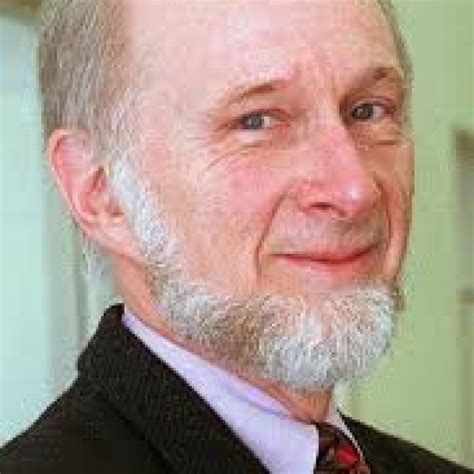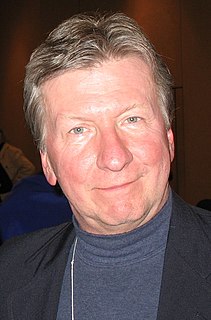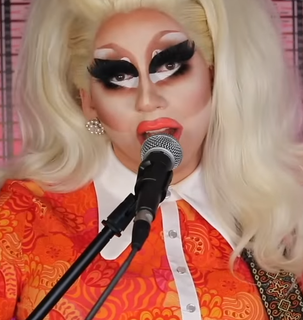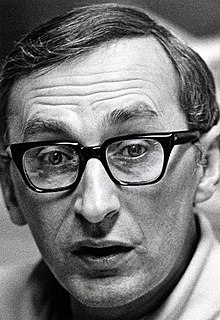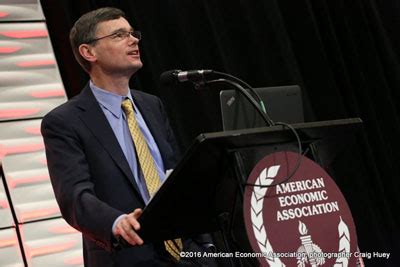A Quote by Margaret Atwood
I have never had any problems with editors who wanted me to change my methods or point of view. I pay a lot of attention to editors, but in a different way. They sometimes catch mistakes and help with the order of poems in a book. I do not underestimate them! Indeed, I have been one myself.
Related Quotes
Basically, I've reached the point where I've lost any direct relationship to any of the editors I used to have. I suspect I'll have to pay to publish this myself, and I think a lot about about putting out fifty copies. I used to think about hogwash like my legacy and silly things like that. But I feel like if I never have another book out, I've done okay, I've had like twelve or thirteen little books, and I won't be upset about this on my death bed.
I had an idea for a medical conspiracy thriller. Since it was non-horror, I didn't want the publishers and editors bringing a lot of baggage - my history as a genre writer in the SF and horror fields, for instance - to the novel when they read it. I wanted them to consider the book solely on its own merits. So I called myself Colin Andrews. I was tired of seeing my books at floor level. Not that Herman Wouk and Phyllis Whitney and William Wharton are bad company, but I wanted to be up at eye level for a change, where people with bad backs could get a chance to see my books.
Drag is great way to get people to pay attention to me, but it's a difficult way to get people to take me seriously as a musician. So it's a weird Catch-22. It's like a gimmick that gets them to pay attention, but when they see my image, they're like, 'There's no way this is going to have any legitimacy to it.'
I think a lot of people have the idea of an editor being someone who comes in like a dictator, and says, "You can't have that scene." And it never is like that - or perhaps some editors are like that and they're assholes, and they're not good editors. A good editor actually says, "I respect you" and they understand that you have a vision and they're actually trying to help you realize it.






